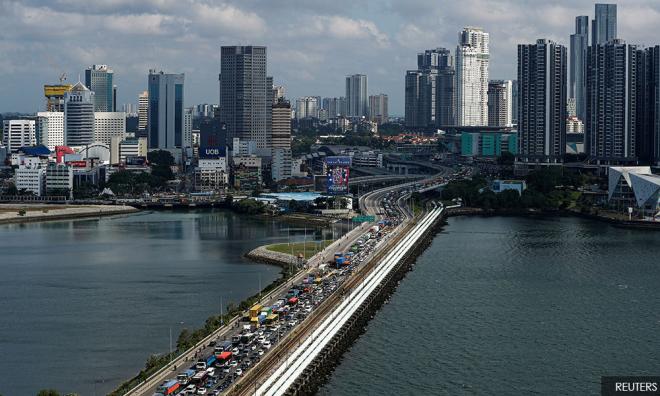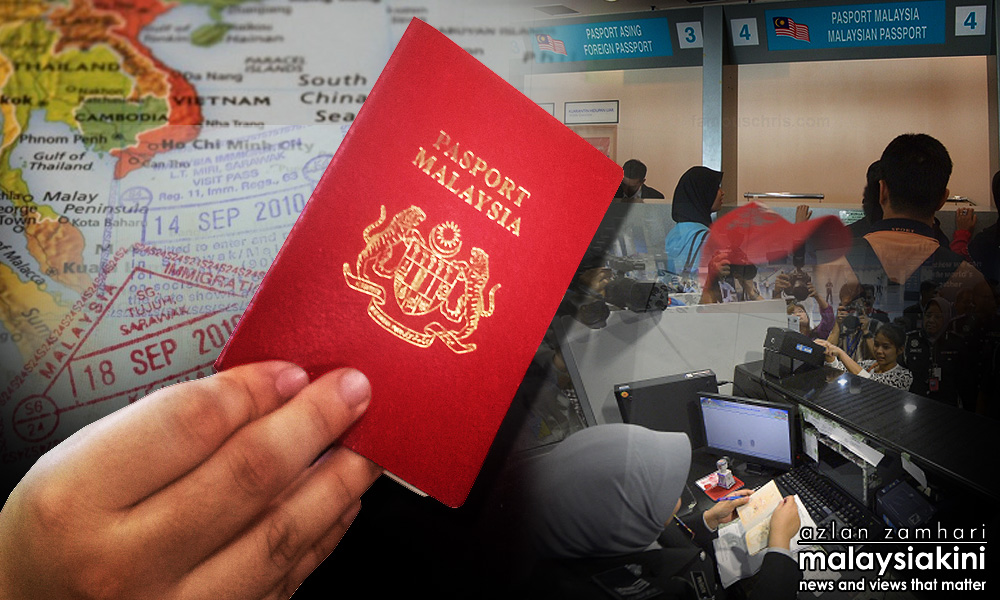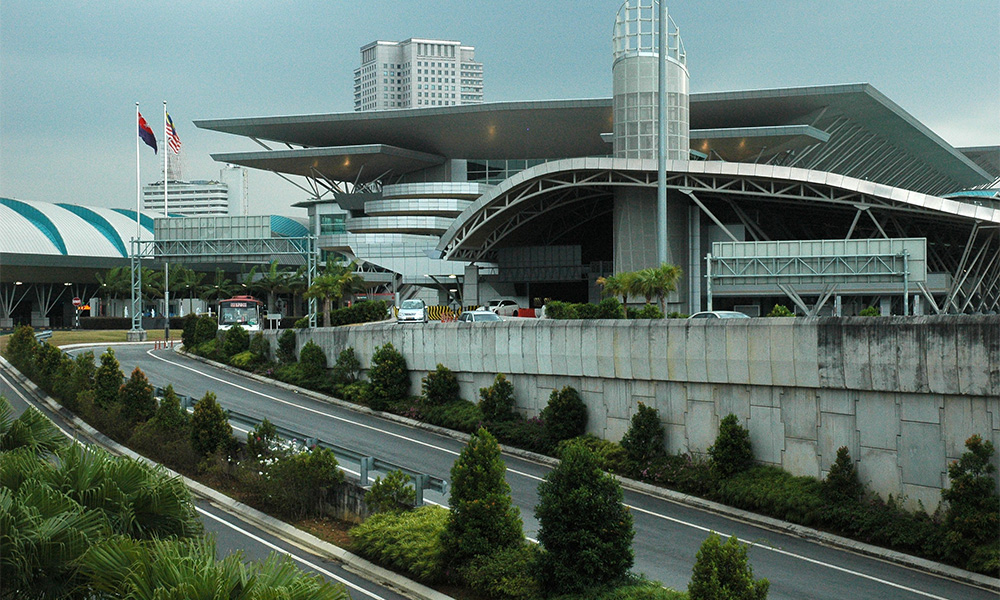
Malaysia and Singapore today unveiled reciprocal procedures to enable the reopening of cross-border travel between the two countries on Aug 10 amid the Covid-19 pandemic.
However, it is not back to business as usual with the travel procedure involving an elaborate application process and stringent rules to ensure travellers do not have Covid-19.
According to the procedures released by the Immigration Department of Malaysia and Singapore's Immigration Checkpoints Authority, two forms of travel will be allowed under two separate procedures, namely the Periodical Commuting Arrangement (PCA) and Reciprocal Green Lane.
The PCL is to allow Malaysians and residents in Malaysia working in Singapore to return home at certain intervals.
To apply, they must have a valid working pass in Singapore and must have been in the city-state for at least 90 days before returning to Malaysia.
Once they are back in Singapore, they must wait another 90 days to travel back to Malaysia again.
The application must be done through their employer and will only be processed after payment for a Covid-19 polymerase chain reaction (PCR) test is made.
Once approved, they can travel to Malaysia, but only through land transportation.
In Malaysia, they will be subjected to a PCR test and will be exempted from a 14-day Home Surveillance Order (HSO) if they test negative.
They must also register for the MySejahtera contact tracing app.
Upon returning to Singapore, the traveller will have to undergo a seven-day Stay-Home Notice (SHN), the equivalent to Malaysia's HSO.
They will not be allowed to use regular public transportation in Singapore and must instead rely on personal transport or private buses that only ferry Malaysian passengers serving their SHN.

They are not allowed to stop anywhere and must proceed directly from the immigration checkpoint to their registered SHN destination.
They must undergo another PCR after seven days to end the SHN.
Singapore has stricter conditions
Malaysia's procedures for Singapore or Singapore permanent residents working in Malaysia who wish to make a brief return to the city-state are mostly reciprocal.
However, Singapore appears to be stricter in some aspects.
For example, Singaporeans or Singapore permanent residents returning to work in Malaysia will only need to undertake a Rapid Test Kit (RTK) test at the end of their seven-day HSO while Singapore requires a PCR.
A PCR is more accurate but also more expensive, the cost of which must be borne by the Malaysian traveller. An RTK test cannot detect if someone is infected with Covid-19 if it is in the early stage.
Furthermore, Malaysian procedures do not detail the means of transportation other than that the PCA must be done through land transportation.
In contrast, Singapore bars Malaysians and Malaysian permanent residents returning to the city-state from using public transportation.
Business travellers must provide itinerary
As for the RGL procedure, it is for any nationality residing in Singapore who needs to make single-entry essential travel including for business and official purposes in Malaysia and vice versa.

For such travellers, the sponsoring enterprise or government agency in the country of destination will have to make an application on their behalf.
They must show that their PCR swab test is negative for Covid-19 within 72 hours of departure. They may travel through air or land.
Upon arrival in Malaysia, the traveller from Singapore must undertake a Covid-19 PCR test at the point of entry.
If tested negative, they will be allowed to proceed with their itinerary which the sponsor has set out and submitted to the Malaysian government.
The sponsor must provide transportation for the traveller from Singapore to their non-residential destination in Malaysia.
Likewise, Singapore has reciprocal measures for those travelling from Malaysia into the city-state under the PCA procedure. - Mkini



No comments:
Post a Comment
Note: Only a member of this blog may post a comment.